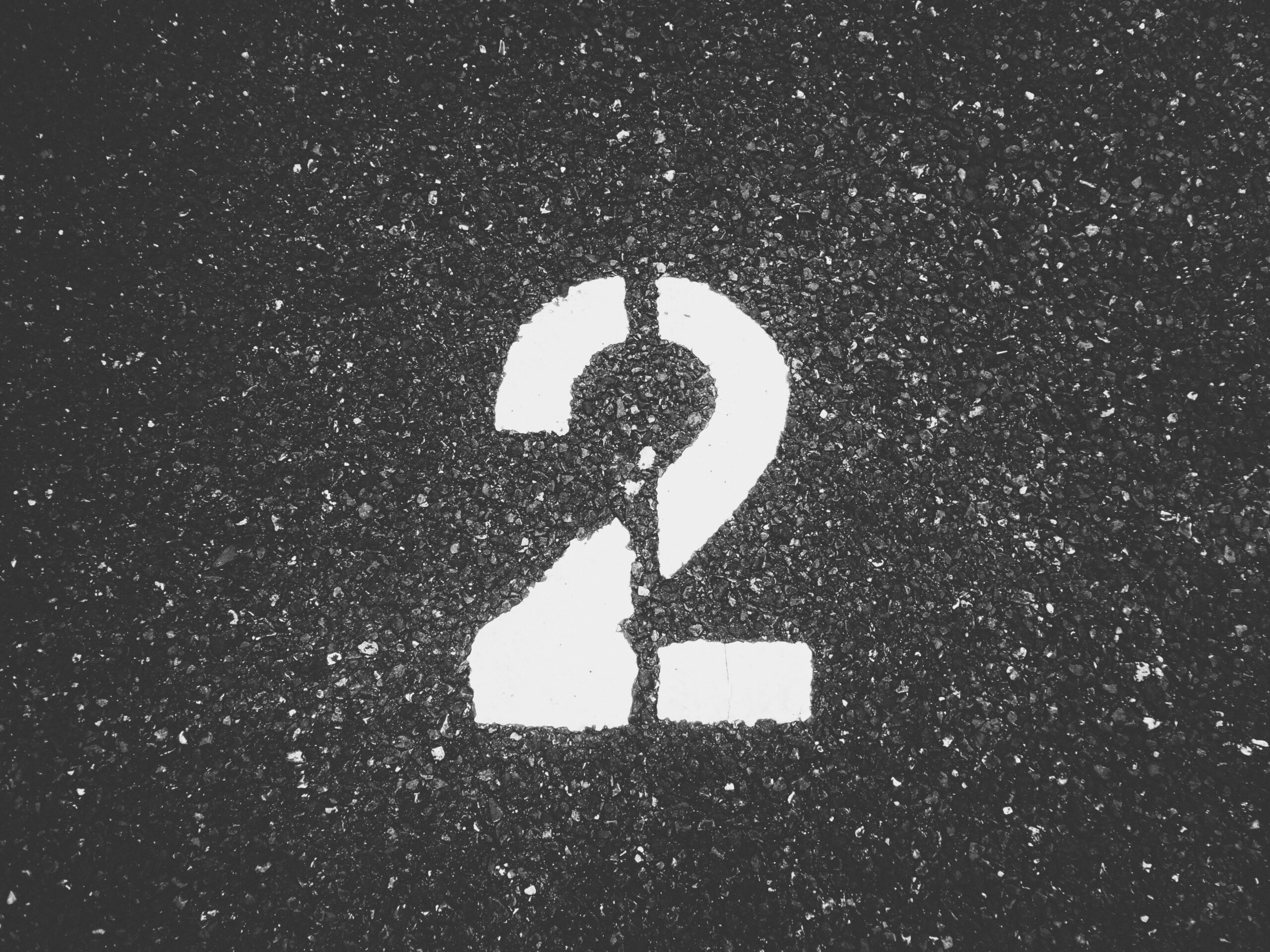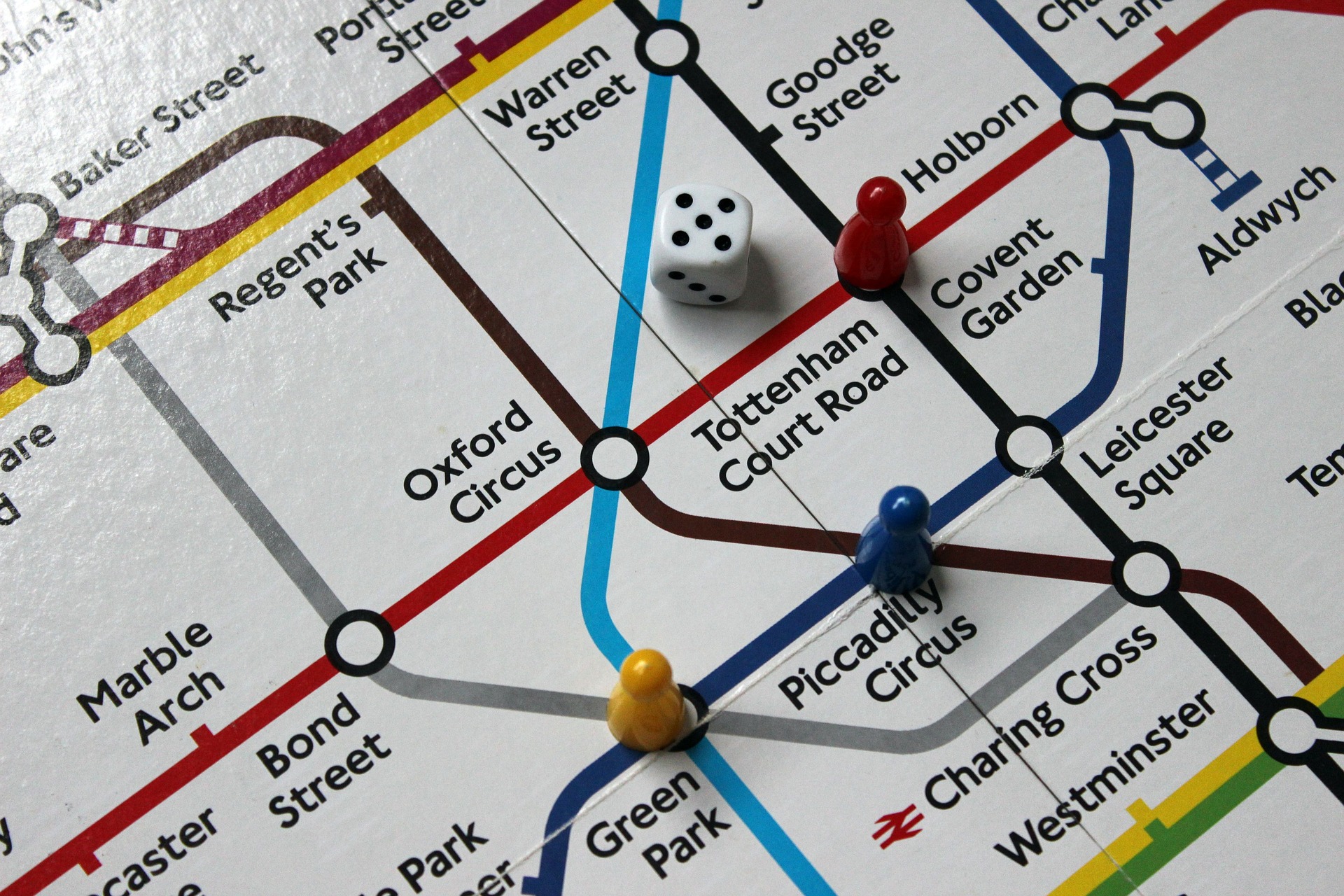By Andrew Bevington - Managing Director at DR1V
“The world has really changed” And I agree, but we are often led to believe that this change has come about in the last 12 months. COVID has certainly driven a huge social shift in thinking, that’s for sure; I ponder, ‘will we be a cashless society in the next 10 years?’ ‘what is the future of the office-building’ now we are a dispersed-office? Many more questions exist. But I’m thinking now beyond this past 12 within this reflection but through the lens of my COVID experience as a front-line business leader. During the dialogic sparks at the 4iforum Symposium before our Christmas break we heard the thoughts of many who were experiencing, hoping for or seeing the positive impact of change in their work places and institutions of learning. New levels of flexibility, acceptance, respect for each other, equality for all… accepting we are not quite there yet but positive signs… and I agree. Unfortunately, I couldn’t speak during the cohort breakouts as my system decide to ‘work-to-rule’ which in fact meant, ‘not-work-at-all!’ but I wanted to speak and this desire stayed with me as it seemed to grow in importance as I reflected more on my thoughts from the day. As I listened I was struck by my growing desire to say, ‘I hear all this but I’m afraid we are not defining the real problem.’
The information revolution
The information revolution has changed the way businesses work, fundamentally. I don’t claim to be an expert but one could surmise that if we were to take, as an example, the East India Company (EIC); founded in 1600 in England to trade within the India Ocean economy we may see the developing trend. It is worth note that the EIC legacy is highly controversial and you will be glad to know that this is not my point. My main point is, however, that the EIC was one of the first truly global organisations (or at least that we can readily observe.) To travel from Southampton, in the UK, to India takes around five weeks in a boat, under sail, even longer. The electrical telegraph didn’t start until 1726 and the telephone until the 1870’s; to get information from the EIC HQ to India would have taken a letter or representative, which in turn would have taken weeks. One could perhaps deduce that the degree of autonomy required at the front edge of a business, in order to operate effectively, would have been high. This is how business developed. It was much to difficult to micro-manage an operation from 1000’s of miles away with weeks of time-lag between the administration and the front-edge. So the model need to be to establish the right people, properly equipped with the strategy and resources to do the job and with the remit to get-on-with-it. Whatever your understanding of the East India Company one cannot fail to be impressed by the sheer magnitude of the endeavour.
Operating globally
The information revolution was driven by a need to communicate quickly and efficiently in a fast growing, booming economy – in effect, to control. Business leaders wanted to know and be involved in what was going on at the front edge. This theme has evolved over time as the information revolution has reached it current high. Of course, today we have endless connection and interface and all the tools at our disposal to bring standardisation and control. Our ability to run operations on a global basis is now taken for granted but fundamentally the infrastructure has not changed – it is driven by the desire to control. I observe that the increase in control, centrally, has caused a decrease in flexibility at the front edge. Bureaucracy, disempowerment, and fear based leadership become more the norm. What happens of course is that global leaders can make decisions and enact them quickly without any real knowledge of the local customs or espoused values. World leaders can now reach into the very living rooms of their would-be-supporters be that staff, customers or voters. Information is now real time but the social systems which underlie remain, I would proffer, largely unchanged.
Fast-moving, nimble and decisive decision-making
I found this visible in my own organisation during the breakout of the COVID-19 pandemic. The folks who now had access to every corner of the businesses were placed in a position of having to make global decisions about the efficacy of the business going forward. This was not PowerPoint or Excel based decision making but rather the collation of data from multiple sources: WTO, Governments, News and Media – all presenting very differing facts, policies and instruction. Add to this that is was all changing from one day-to-the-next and you have a perfect storm of the deepest complexity and when of course it was added to the list, and most important aspect, the need to protect life, now not a life in a remote unconnected community, which somehow, socially has less value, but your colleagues, family, friends… even you. What they did in the next 24/48hrs had real impact. Access to information failed to inform decision making. The Administration could not now inform the leading edge of the business. Fast moving, nimble and decisive decision making is what was needed and a business model which draws everything to ‘the-centre’ to control and manage could not now easily adapt to this new threat. It felt to me as a shift from an ontological perspective – that life can be weighed and measured and controlled – to a epistemological reality – that the truth is somehow out-there, within us. The output no longer reacted to ‘normal operating procedure.’ I feel like I may have gone off in an obscure direction – but this is key to my thinking. The industrial revolution led to a socially constructed world view that we were in control. People felt sure in the measured and ordered power of mankind. It became the foundation of most endeavours. We ‘begin’ when we are told, we ‘end’ when we are told. You don’t need to think, just do, we will look after everything else. Ok some businesses buck the trend but it seems to me that the clear majority of western endeavours subscribe to this, shall we call it, Victorian model: health, education, law government and many more areas of society exist in the shadow of this antiquated socially constructed paradigm. We have ‘tried’ to modernise, of course, and great reformers have come and gone, but is it possible that much of this is simply Elastoplast?
The problem
The Problem I felt I wanted to bring into the ring to be discussed those weeks ago was, ‘does anyone else think that the prevailing business model in the west is fundamentally broken?’
I wonder what your life would look like if you largely hadn’t changed during (in my case) 55 years? Would you be fit for the modern age? I already feel like my own parents as technology, inevitably, leaves me behind and I have tried to keep up, believe me! I wonder if our businesses, as good as so many of them are, are ultimately standing on foundations which are, if you like, going to be left behind as the world marches forward.
My final question to ponder, and the one I am most excited by: We have lived with this – I called it Victorian – business model for a few hundred years, it seems to have served us in mixed measure and It may go on longer yet, but what might a new business model look like, what will it include and exclude, what will be its purpose, what might our world look like in another 200 years?













